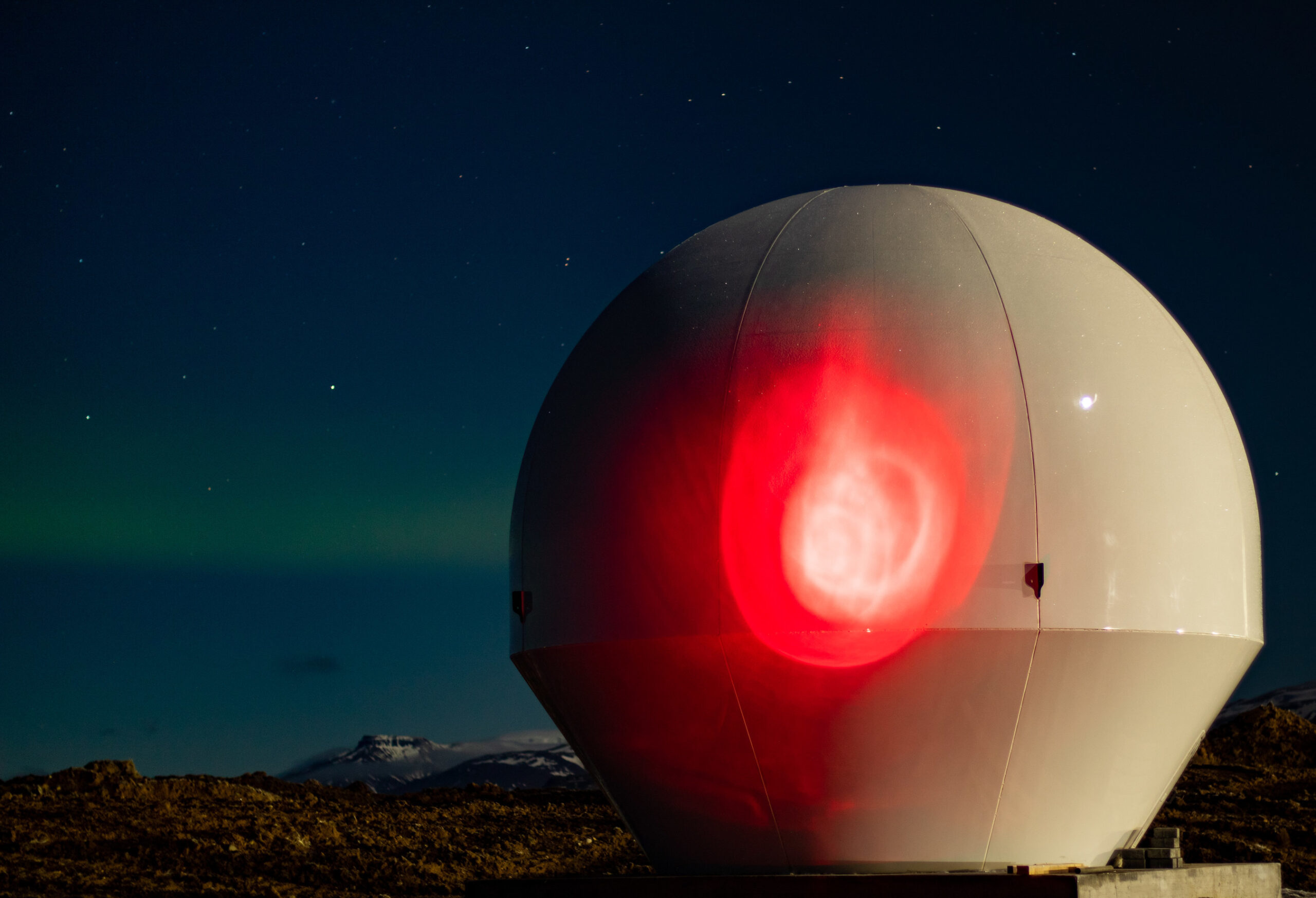Armstrong Collaborates with ULA for Cryogenic Fluid and Mid-Air Retrieval Demos

EDWARDS, Calif., Aug. 16, 2018 /PRNewswire/ — NASA is partnering with six U.S. companies to develop 10 “tipping point” technologies that have the potential to significantly benefit the commercial space economy and future NASA missions, including lunar lander and deep space rocket engine technologies.
NASA’s Armstrong Flight Research Center in Edwards, California, will collaborate with United Launch Alliance (ULA) on two selected proposals.
ULA will receive $2 million for the Cryogenic Fluid Management Technology Demonstration proposal that focuses on enabling efficient and safe transportation in to and through space. NASA’s Kennedy Space Center in Florida, Marshall Space Flight Center in Alabama as well as Armstrong will support the project.
This cryogenic fluid management demonstration project seeks to prove that very low cryogenic fuel boil off is achievable and can support long duration missions. ULA will perform critical testing of the existing space launch vehicle Centaur Cryote-3 tank.
Another ULA award with Armstrong focuses on increasing access to planetary surfaces. The company will receive $1.9million for a mid-air retrieval demonstration. This project will flight demonstrate mid-air retrieval capabilities up to 8,000 pounds, increasing current capabilities by a factor of four.
Paired with the NASA Low-Earth Orbit Flight Test of an Inflatable Decelerator (LOFTID) project, this effort will demonstrate mid-air retrieval on a vehicle returning to Earth from orbital velocity. The project will utilize an ocean-going ship capable of transporting a helicopter to the recovery zone and the demonstration will conclude with recovery of the LOFTID reentry vehicle.
The 10 tipping point selections are based on the agency’s third competitive Tipping Point solicitation, and have a combined total award value of approximately $44 million – a significant investment in the U.S. space industry. NASA announced the new partnerships on Aug. 8.
A technology is considered at a “tipping point” if investment in a ground or flight demonstration will result in significantly maturing the technology and improving the company’s ability to bring it to market.
“These awards focus on technology collaborations with the commercial space sector that leverage emerging markets and capabilities to meet NASA’s exploration goals,” said NASA Administrator Jim Bridenstine. “While these key technologies will support NASA’s science and human exploration missions in the future, these awards are yet another example of NASA’s commitment to our nation’s growing commercial space industry today.”
This solicitation targeted three Space Technology Mission Directorate (STMD) strategic technology focus areas: Expand Utilization of Space, Enable Efficient and Safe Transportation Into and Through Space, and Increase Access to Planetary Surfaces.
Through firm-fixed-price contracts, STMD will make milestone payments that cover as much as $10 million per award, over a performance period of up to 36 months. Each industry partner is required to contribute a minimum of 25 percent of total cost for each project.
STMD is responsible for developing the crosscutting, pioneering technologies and capabilities needed to achieve NASA missions. Projects resulting from the Tipping Point solicitation will enable public-private partnerships managed by programs within STMD.
For the full list of selected proposals organized by strategic technology focus areas, visit:
For more information about the Tipping Point solicitation, visit:
https://www.nasa.gov/directorates/spacetech/solicitations/tipping_points
SOURCE NASA





